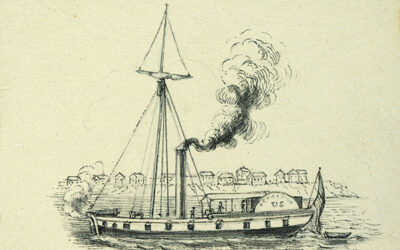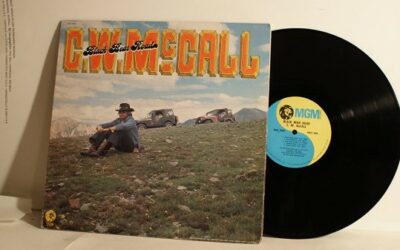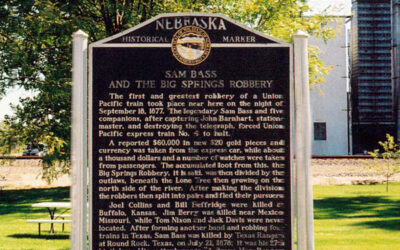NEBRASKA STATE HISTORICAL SOCIETY MANUSCRIPT FINDING AID
RG1745.AM: Roland A. Anderson, 1898-1977
Papers: 1920-1951
Wahoo, Saunders County, Neb.: Electrical engineer, radio broadcaster, inventor
Size: 1.5 cu.ft.
BIOGRAPHICAL NOTE
A native of Wahoo, Saunders County, Nebraska, Roland A. Anderson became interested in electrical equipment and radio communication as a boy. At the age of 12, he built his first receiving set, manufacturing all of his own equipment out of oatmeal boxes, inkbottle corks, and pieces of brass. With this set he was able to intercept messages from the naval station at Arlington, Virginia.
Anderson graduated from Wahoo High School in 1917, and worked as a mechanic before attending electrical school in Milwaukee. After graduating with high honors, he returned to Wahoo to set up a workshop. He constructed a receiving set that allowed him to pick up messages from American Coastal Stations and from as far away as France and Germany.
To finance his experiments, Anderson and Carl Webster formed the Anderson Electric Company in 1920. In October 1921, he conducted Nebraska’s first scheduled radio broadcast. His station was one of the first broadcast stations in the U.S. and the first radio sending station in the Midwest. As a 10-watt station with a 230 meter wavelength, the Anderson Radio Station sent out regular programs of music daily from 8:15 p.m. to 10:15 p.m. and on Sunday afternoons. Anderson was forced to shut down the station around 1923 when he couldn’t secure financial backing. He continued to run his electric company and invented items that led to improvements in heating, lighting, and air conditioning equipment.
SCOPE AND CONTENT NOTE
This collection relates primarily to the broadcasting of the Anderson Radio Station of Wahoo, Nebraska, founded and run by Roland Anderson in the 1920s. The collection includes correspondence, 1920-1924; 1931; 1949-1951, mostly detailing broadcast signals sent out by the Anderson Radio Station. Many letters and postcards [QSL cards] provide the names and locations of the individuals who heard the signal, the date and time, and the type of receiver used. Some letters explaining electrical inventories, techniques, and progress are also present. Also included are radio license certificates, scrapbook fragments, publications [instructional booklets, technical pamphlets, and issues of rules and regulations for radio operators]; clippings and other items relating to radio history; a few loose photographs, etc.
Note: See the photo component [RG1745.PH] and the audio component [RG1745.AU] for additional materials.
DESCRIPTION
Box 1
Folder
-
- Correspondence, 1920-21
-
- Correspondence, 1922-24
-
- Correspondence, 1931, 1949-51
-
- QSL cards, ca. 1921-1923
-
- QSL cards, ca. 1921-1923
-
- Radio operator’s licenses, 1921, 1922
-
- Radio station licenses, 1921, 1923
-
- Membership certificates, American Radio Relay League, 1921, 1922, 1925
-
- Scrapbook pages (includes clippings, photographs)
-
- Misc. clippings re: Anderson, radio and electricity
-
- Misc. clippings, publications re: George Beadle
Box 2
Folder
-
- Blank envelopes, QSL cards for Anderson’s radio station (9DUP)
-
- Misc. radio industry publications (instruction, regulations, supplies)
-
- Loose photos (of radio studio, electric displays, Eddie Killian’s “Harmony Five”)
ADDED ENTRIES:
Anderson, Roland A., 1898-1977
Radio broadcasting — Nebraska
Saunders County (Neb.) — History
Wahoo (Neb.) — History
05-24-2007 Revised TMM/tmm



